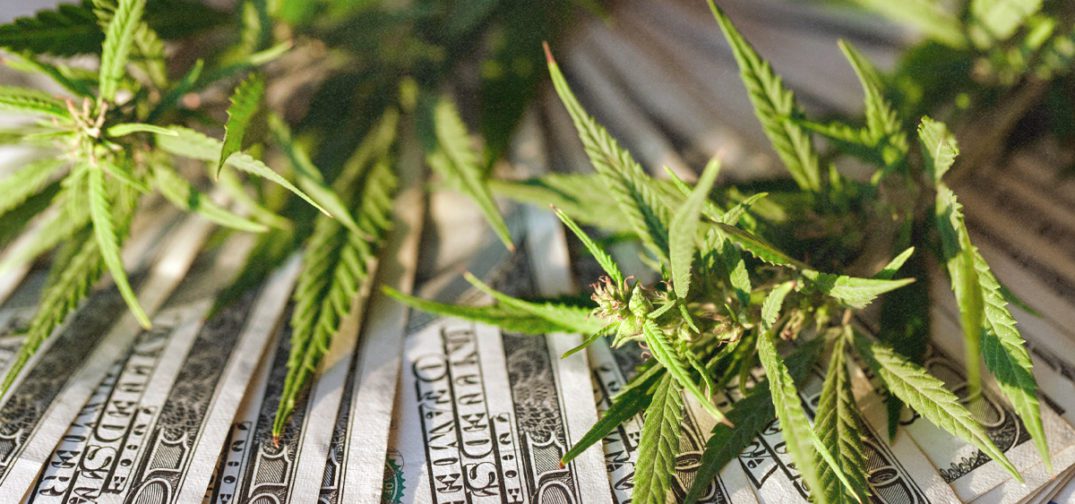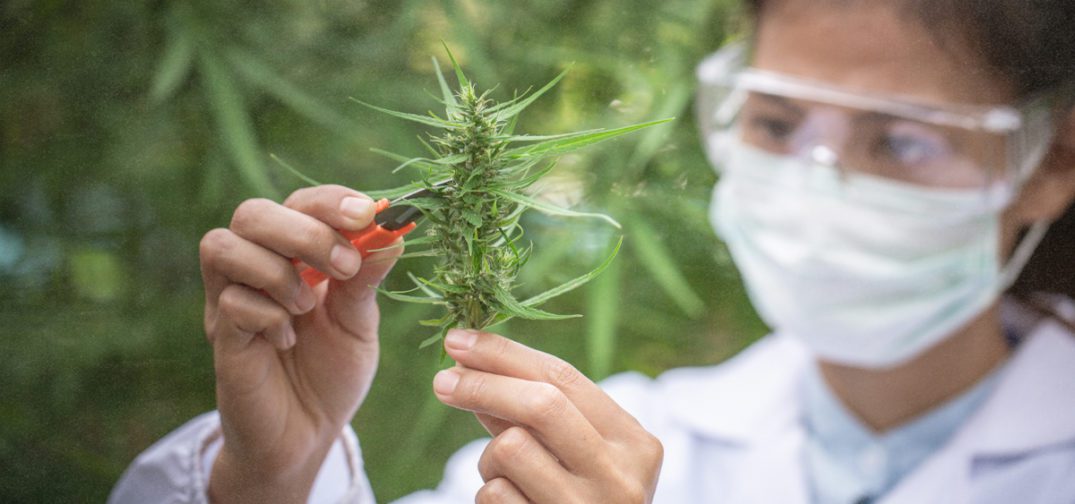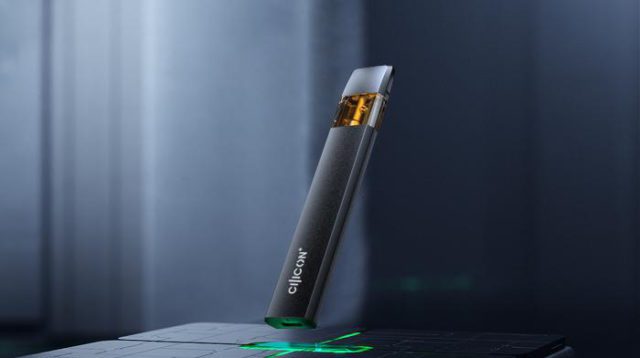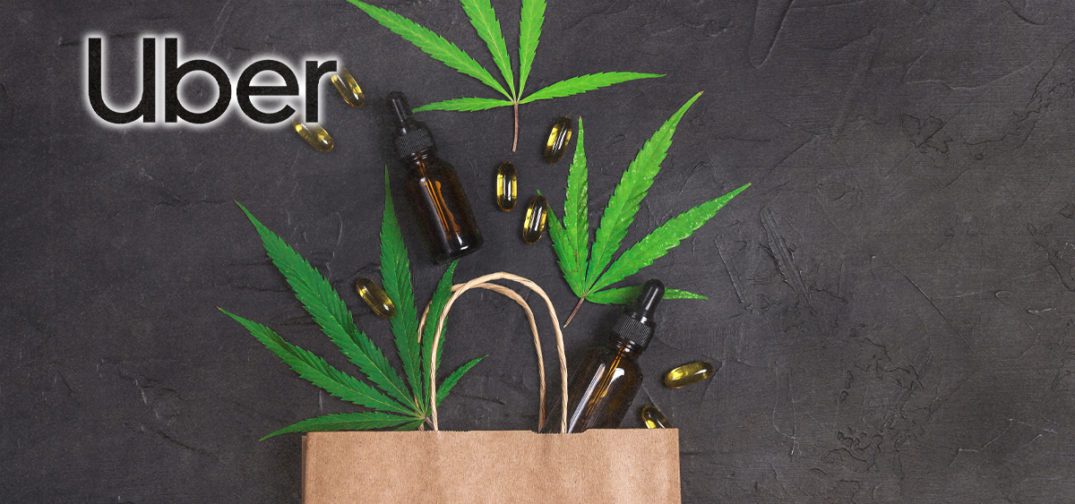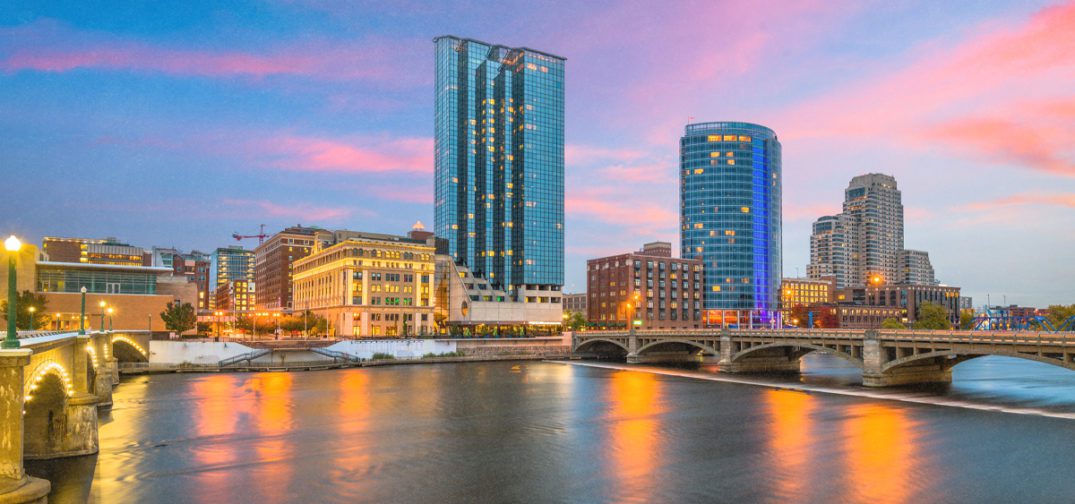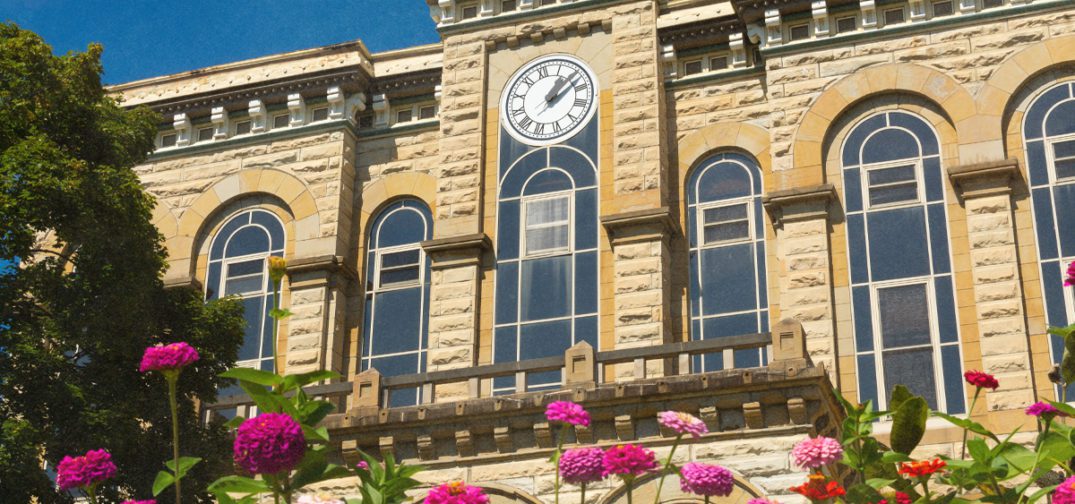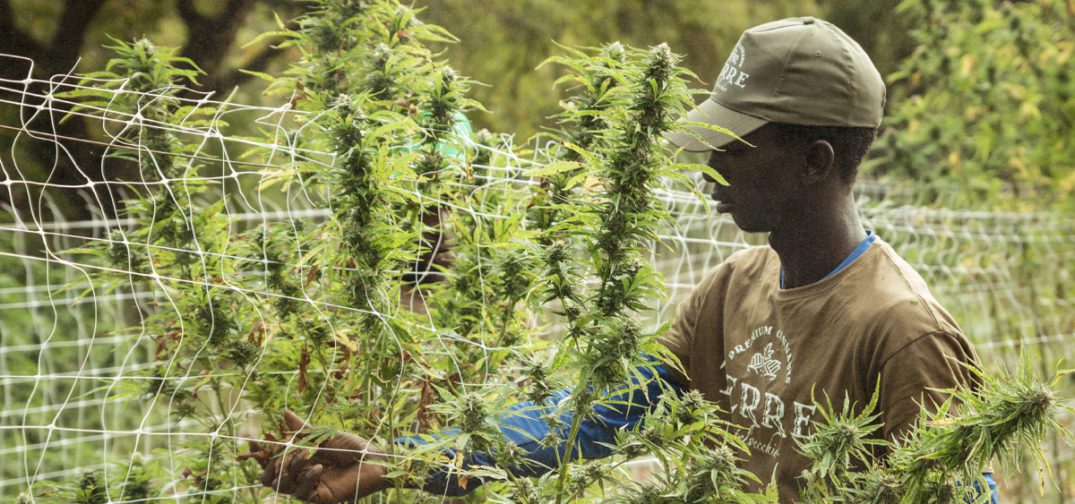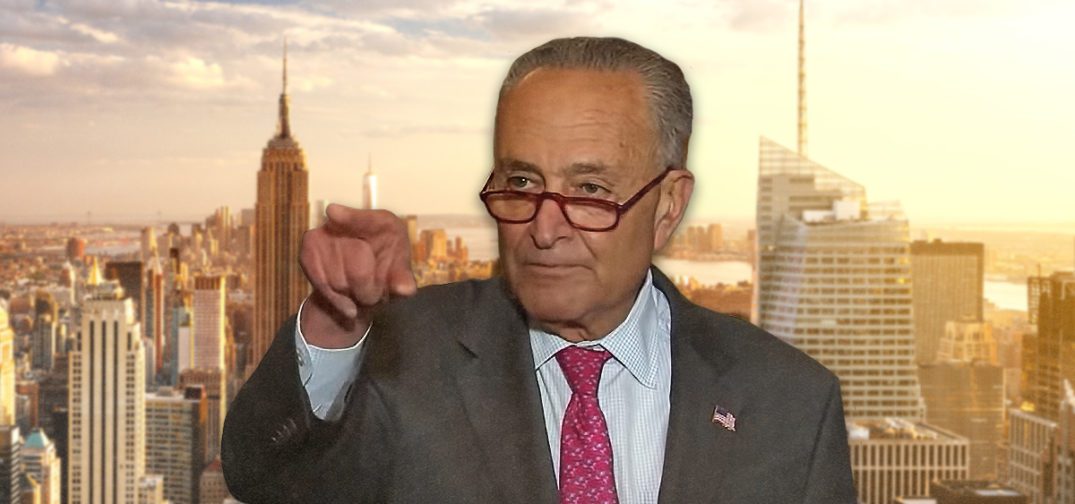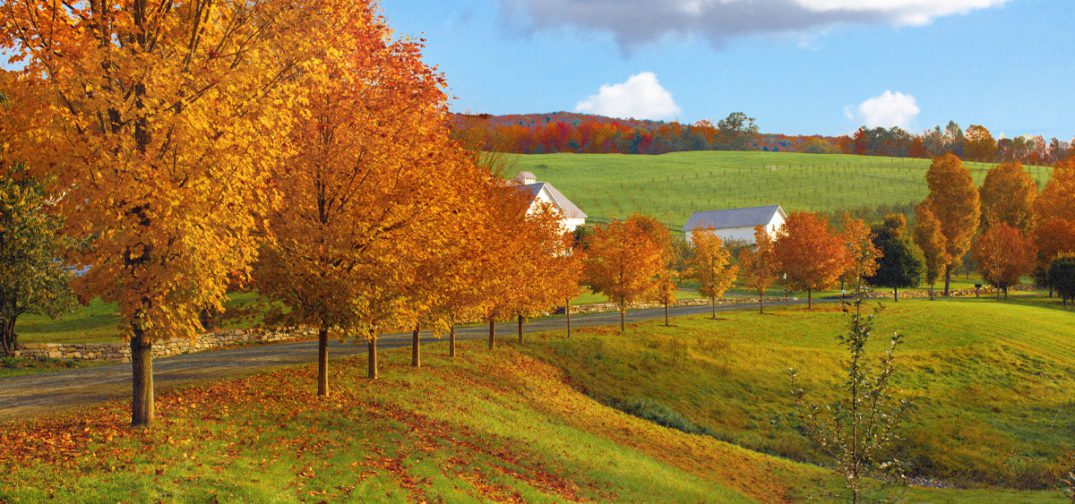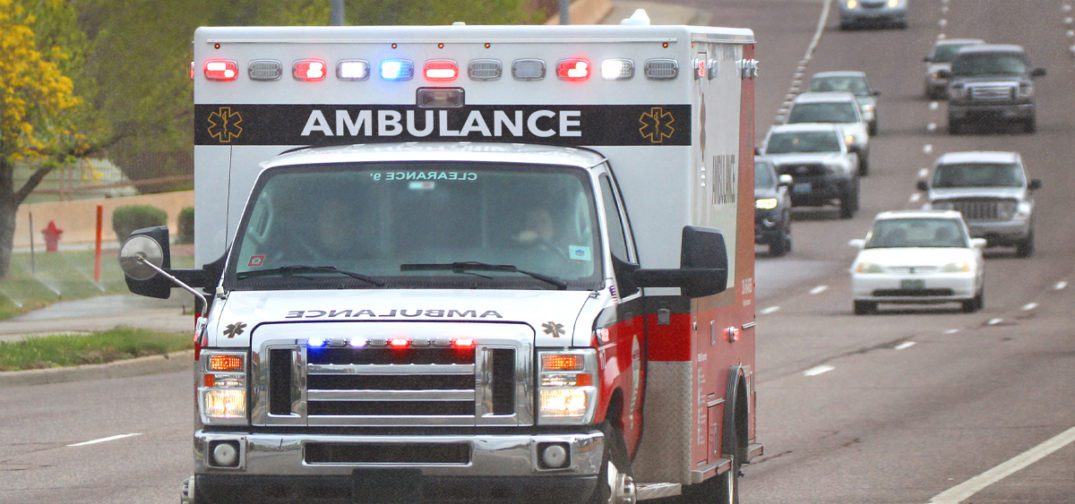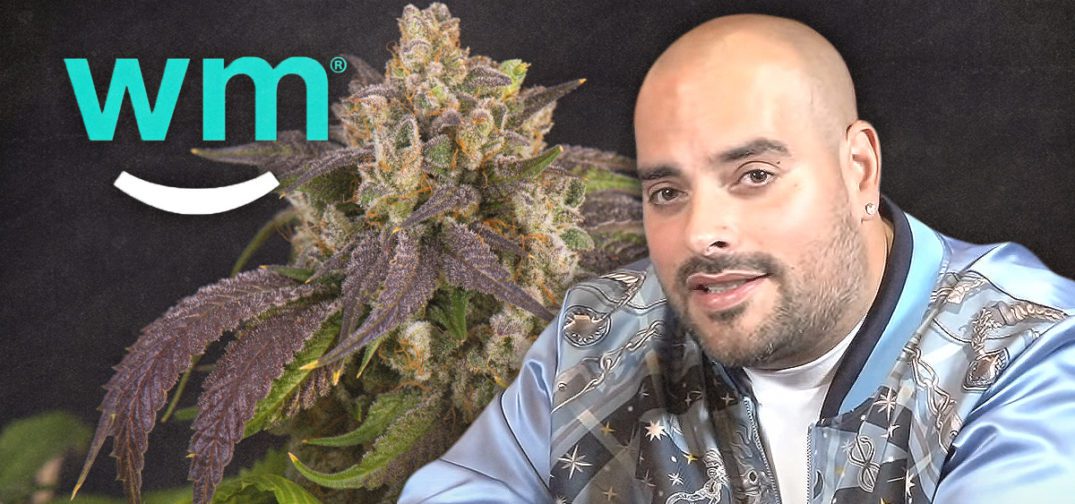In the cannabis industry, we often read about “social equity” and we see countless headlines discussing cannabis prohibition, America’s long history of injustice against marginalized communities, and thoughts for rectifying the past through equity programs. But while understanding our past and providing solutions for the future is core to change, I often wonder if a more philosophical approach might garner a better understanding from a broader community, so as to implement real change.
Let’s start with this: what does social equity mean?
The National Academy of Public Administration defines social equity as “the fair, just and equitable management of all institutions serving the public directly or by contract; and the fair and equitable distribution of public services, and implementation of public policy; and the commitment to promote fairness, justice and equity in the formation of public policy.”
In theory and practice, social equity programs should aid an individual’s success by creating an even playing field and providing tools for self-empowerment. Ultimately, this gives an individual the freedom to contribute more greatly to their community, and therefore to our broader society.
Unfortunately, this doesn’t seem to be happening yet — at least not in California, the nation’s largest cannabis industry.
Why? Change like this is complicated and takes time, and I certainly don’t want to suggest there is an easy solution. However, in the interest of expanding understanding and appreciation for the goals of social equity, we must ask: what does social equity mean for a society, and how can these programs benefit both the marginalized and the collective?
In an effort to understand and create change on a larger scale for the cannabis industry, we must look at the present, which starts by understanding how equity programs are working (or not working) today. Over the last several months, the California Cannabis Industry Association’s (CCIA) Diversity, Inclusion and Social Equity (DISE) Committee came together to create an Accountability report aimed at understanding the health and success of local equity programs in California. Through this work, the committee found that most programs are struggling to fulfill their mission, which leaves social equity applicants once again at a disadvantage.
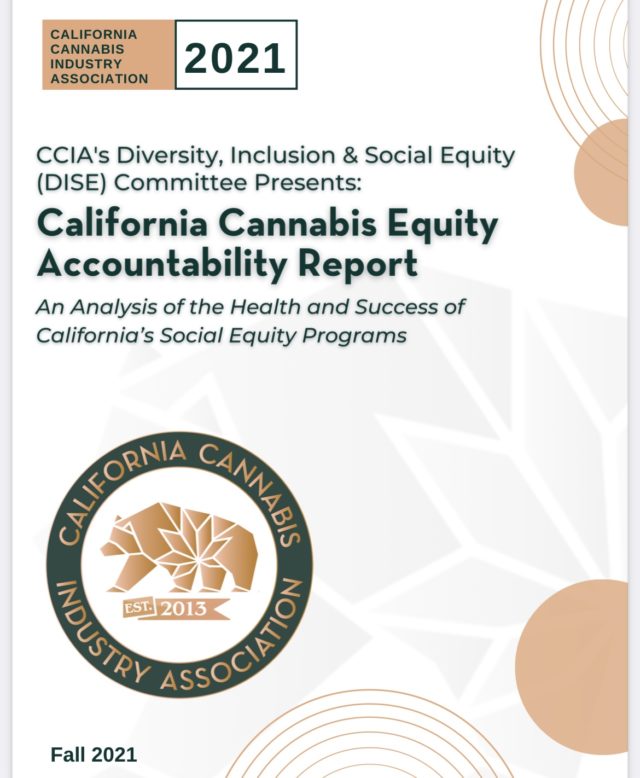
This shouldn’t be surprising to anyone working in the cannabis industry given that even well-capitalized and well-resourced, plant-touching companies in California are also struggling to navigate the industry’s many tumultuous changes.
California might be the largest cannabis market in the world but it also is arguably the most challenging to navigate. Not only is it difficult to acquire a license in the first place, but there are also bigger challenges that an applicant often won’t realize exist until they join the industry, such as limited access to capital, supply chain issues, high taxes, non-business-friendly policies, constantly changing regulations, pay-to-play models for retail distribution and sales, and a thriving illicit marketplace. These issues combined make it very hard for even the most seasoned individuals to navigate the California space.
What should social equity look like?
First-time business owners will find it especially difficult to run a profitable business without experience, financing, and human capital. This is why it’s important to level the playing field by not only making it easier for an applicant to acquire a license but also by helping that applicant acquire the business acumen and technical assistance necessary for running a profitable company.
To create a level playing field for the individual, and to empower communities that have been most affected by the war on drugs, programs must seek to provide the tools to self-empower, to provide people resources to become economically self-sufficient, and to create jobs and programs to restore their community. An individual’s self-growth and success will create a ripple effect that trickles throughout their community.
Recognizing this, each individual and program should seek to ask:
- Does the program address the fundamental issues at stake? (i.e. evening the playing field for all to equally participate)
- And does the program create knowledge, frameworks, and networks through which the individual can achieve self-empowerment and self-sufficiency?
With the legal cannabis industry in its infancy, it’s imperative that policymakers and regulators understand the realities of running a cannabis business and seek to create policy that addresses immediate needs, while looking to the future.
CCIA’s DISE Committee hopes that this report will help such programs recognize their individual pain points so they can be addressed and ultimately strengthen their local programs, as well as provide a broader understanding of equity applicants throughout the state.

